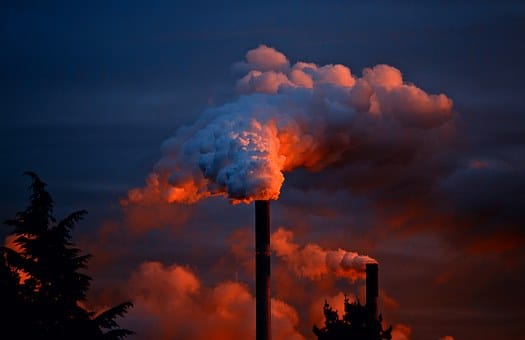U.S. Energy Department Announces $35 Million for Methane Reduction Technologies

The U.S. Energy Department on Dec. 2 announced $35 million in funding for technologies that aim to reduce methane emissions in the coal, oil, and natural gas sectors. The department selected 12 projects for the grants under a new program called “Reducing Emissions of Methane Every Day of the Year,” or REMEDY, a three-year research initiative launched earlier this year to cut methane emissions from these sectors.
The projects will support President Biden’s U.S. Methane Emissions Reduction Action Plan announced at the 2021 U.N. climate summit. Biden has also announced the Global Methane Pledge, a U.S.-European Union initiative, to reduce methane emissions 30 percent from 2020 levels by this decade. The oil and gas industry is the source of 30 percent of U.S. methane emissions. Methane is 25 times more potent than carbon dioxide as a greenhouse gas.
Of the twelve, five projects focus on natural gas engines. Four will focus on flares, which is controlled burning of gas to relieve pressure and prevent explosions. The final three projects all focus on coal mine shafts. Funding for the program will be released in two stages: Stage 1 will be for lab-based tests proving operability, and Stage 2 will expand testing, most preferably including field tests.
The REMEDY program aims to cut emissions from three specific point sources that are responsible for 10 percent of methane emissions. These are coal mine ventilation air methane exhausted from underground mines, a specific type of natural gas fired engines called “lean burn” engines, and flares throughout the U.S. required for providing safe operations in oil and gas facilities. The initiative seeks technical solutions that can achieve 99.5 percent methane conversion and commercial scalability.
EnerKnol Pulses like this one are powered by the EnerKnol Platform—the first comprehensive database for real-time energy policy tracking. Sign up for a free trial below for access to key regulatory data and deep industry insights across the energy spectrum.
ACCESS FREE TRIAL